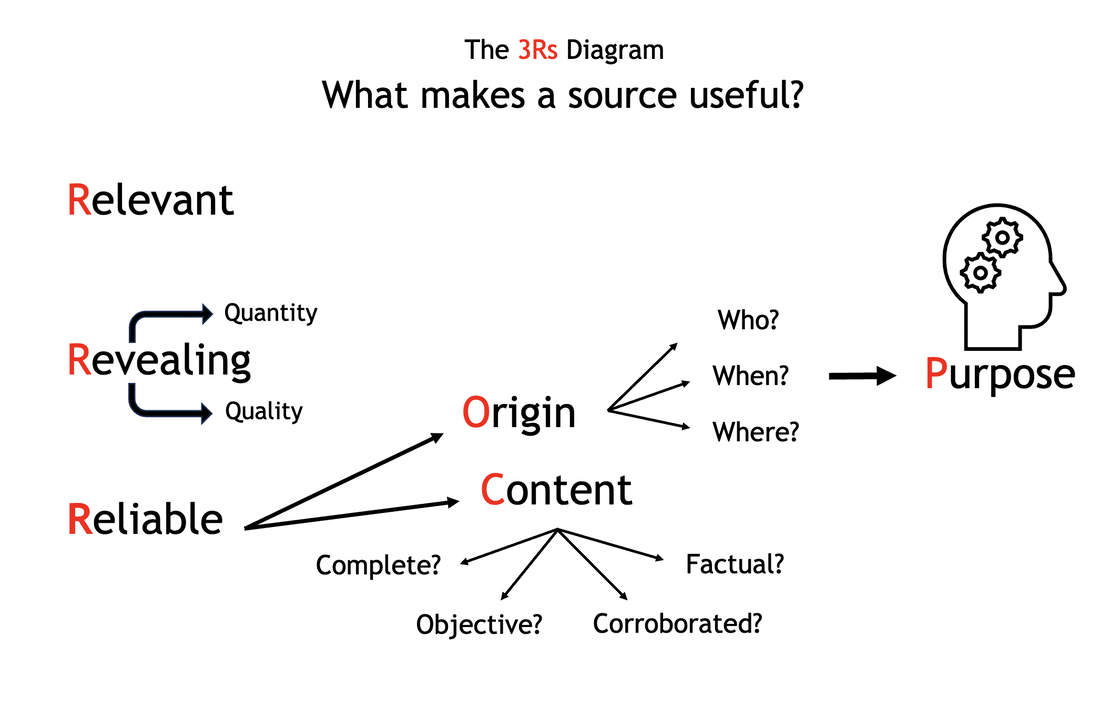Lesson 4 - Napoleon and art
In this short lesson, we're once again going to focus on the utility of art as a window onto the past. What can visual art do to help us make sense of the past?
|
|
On the value and limitations of visual art, see my website. See also Khan Academy |
Extension
Google Arts and Culture has an extensive range of paintings by David. You can see two versions of 'the Great St. Bernard', one in Vienna (which allows a street view) and one in Versailles. There are also many other paintings by David that feature Napoleon. Delaroche's painting of a defeated Napoleon at Fontainebleau is also available at the Army Museum in Paris.
Google Arts and Culture has an extensive range of paintings by David. You can see two versions of 'the Great St. Bernard', one in Vienna (which allows a street view) and one in Versailles. There are also many other paintings by David that feature Napoleon. Delaroche's painting of a defeated Napoleon at Fontainebleau is also available at the Army Museum in Paris.

